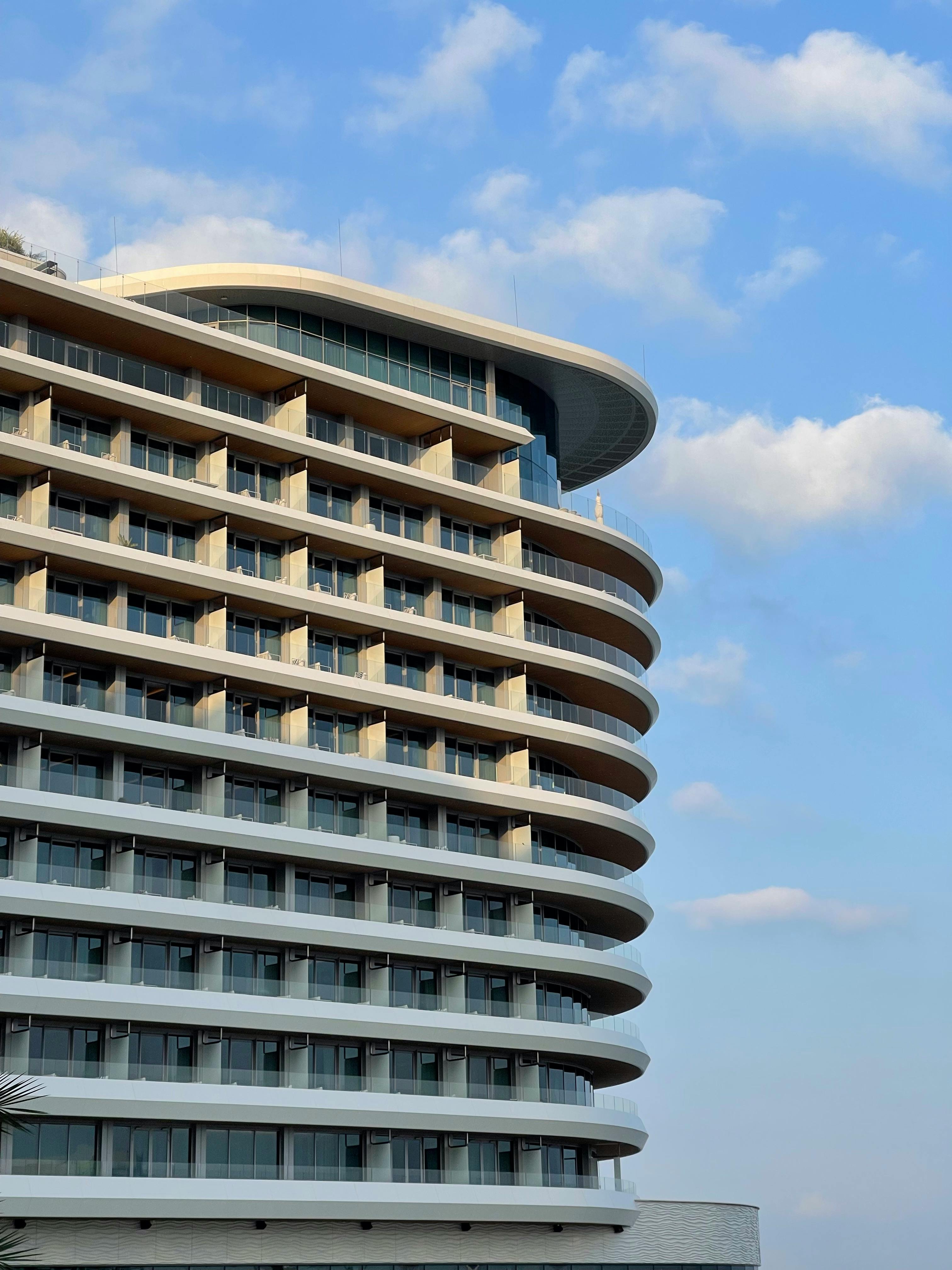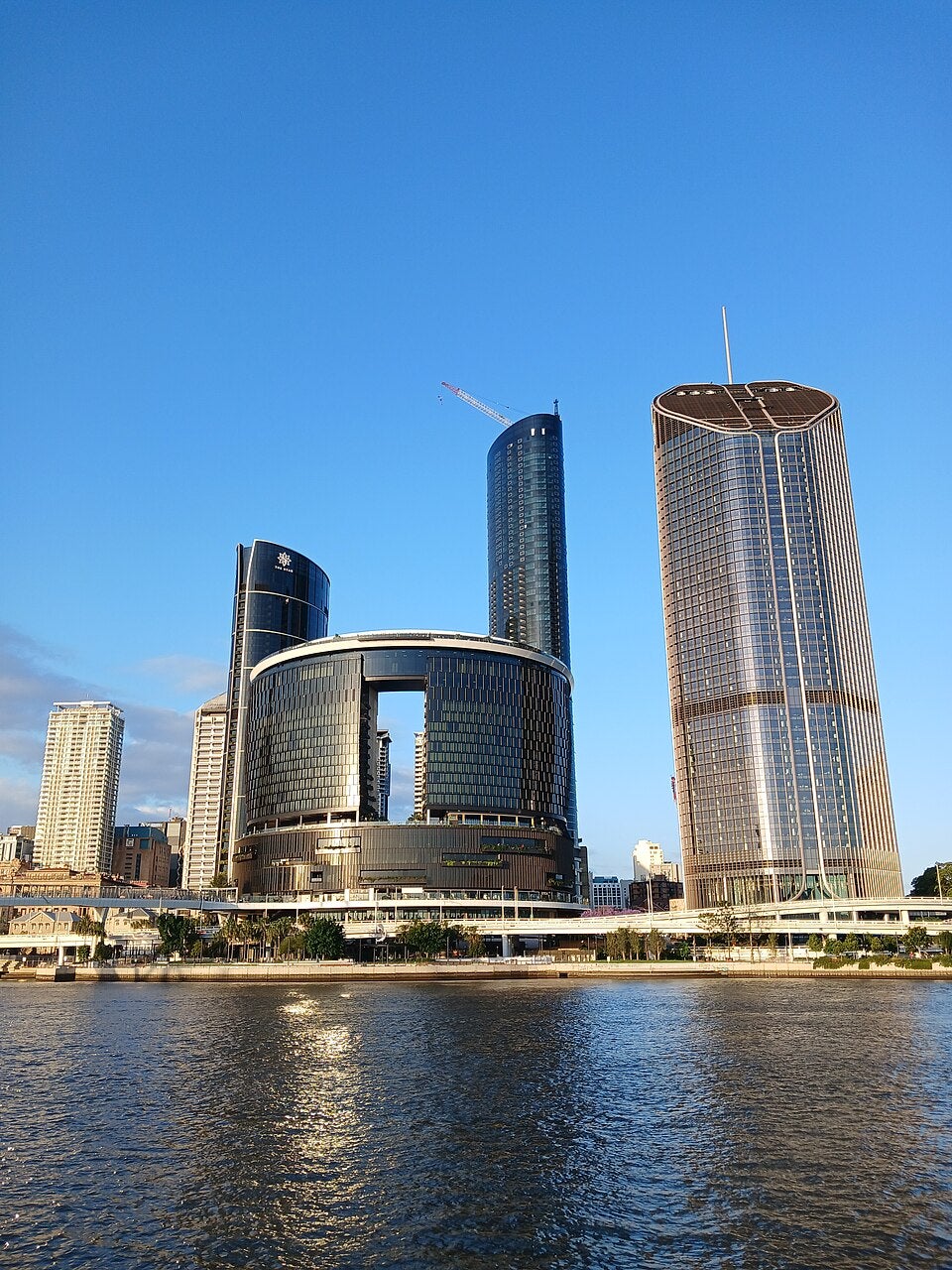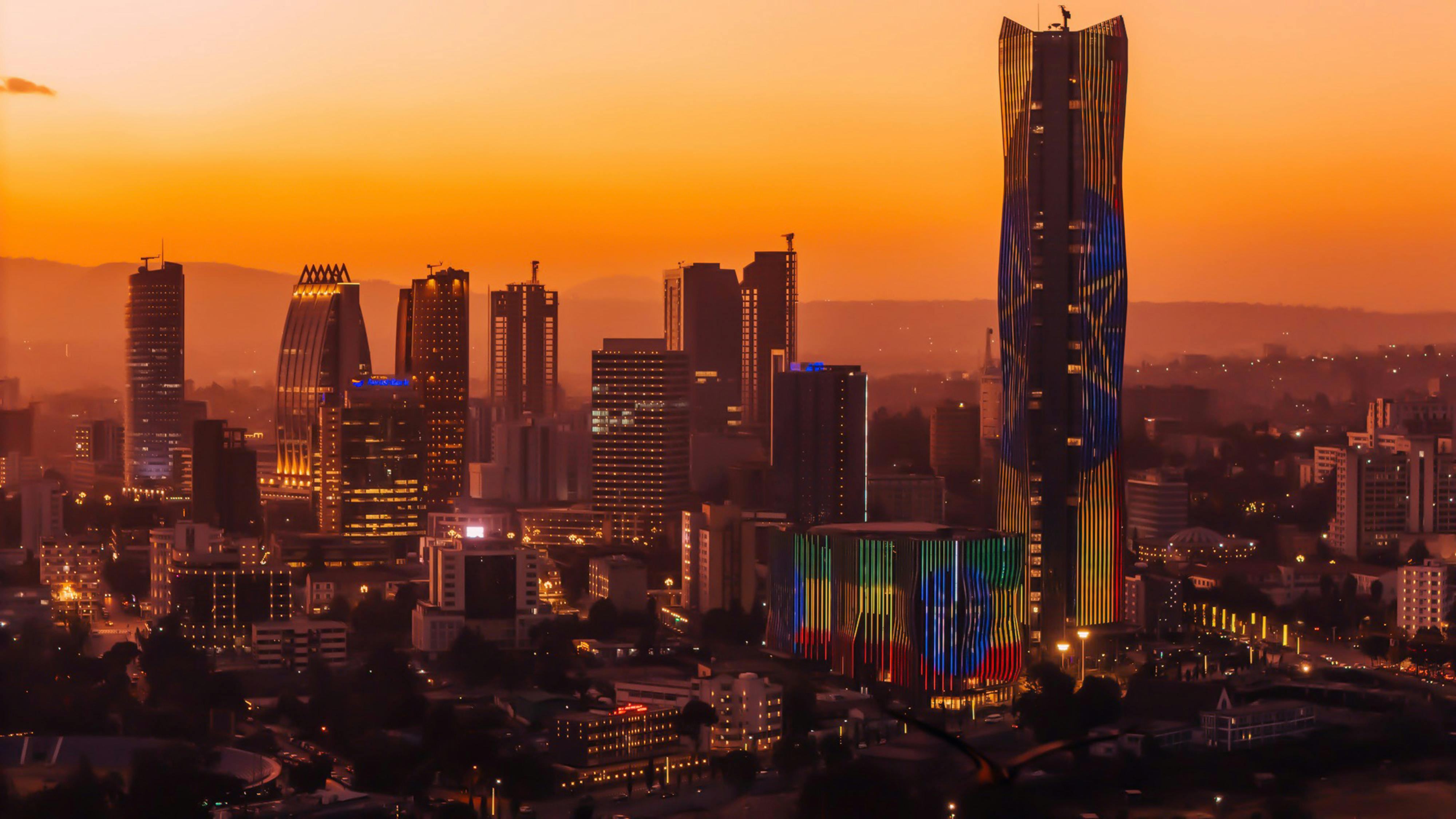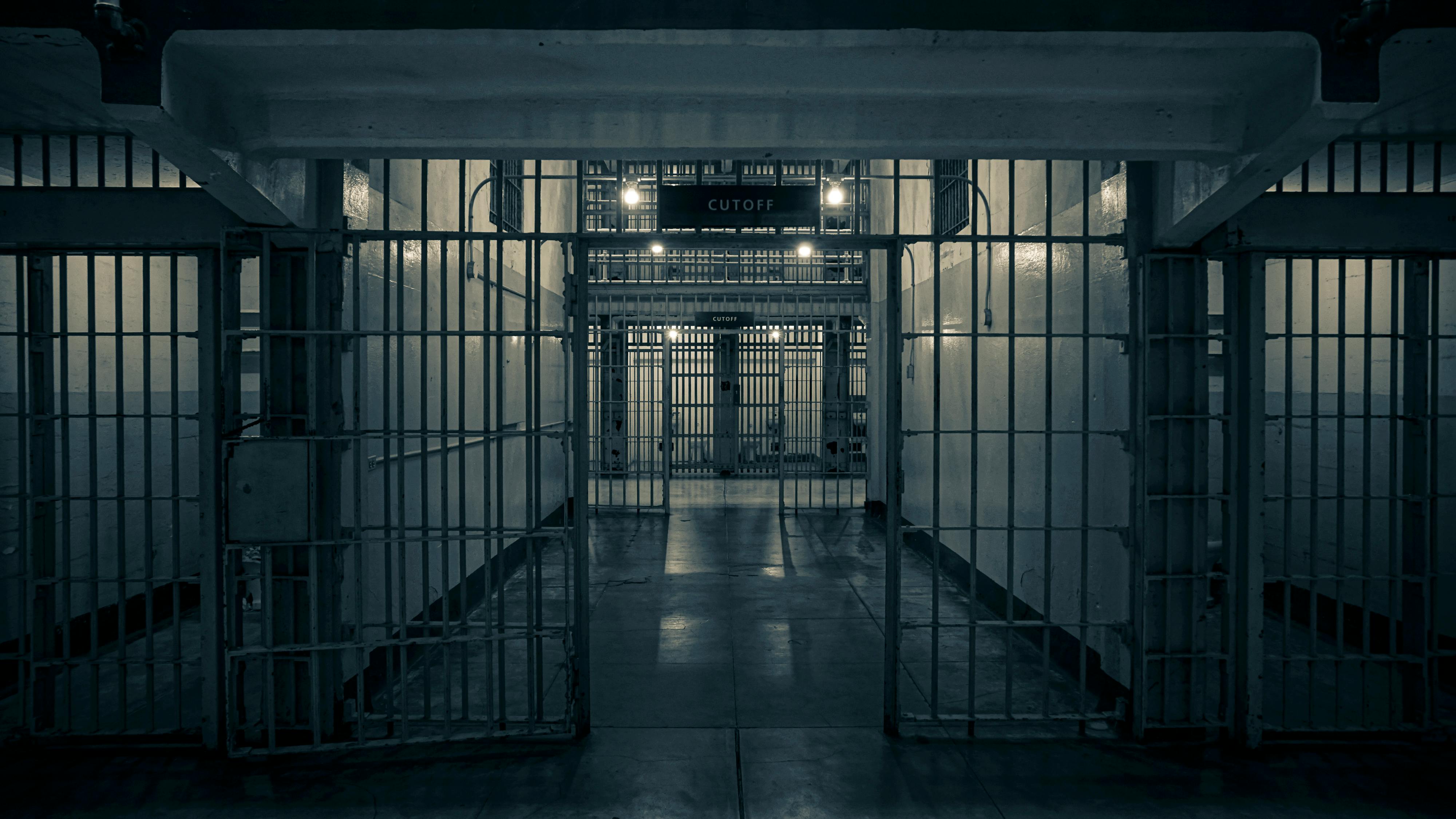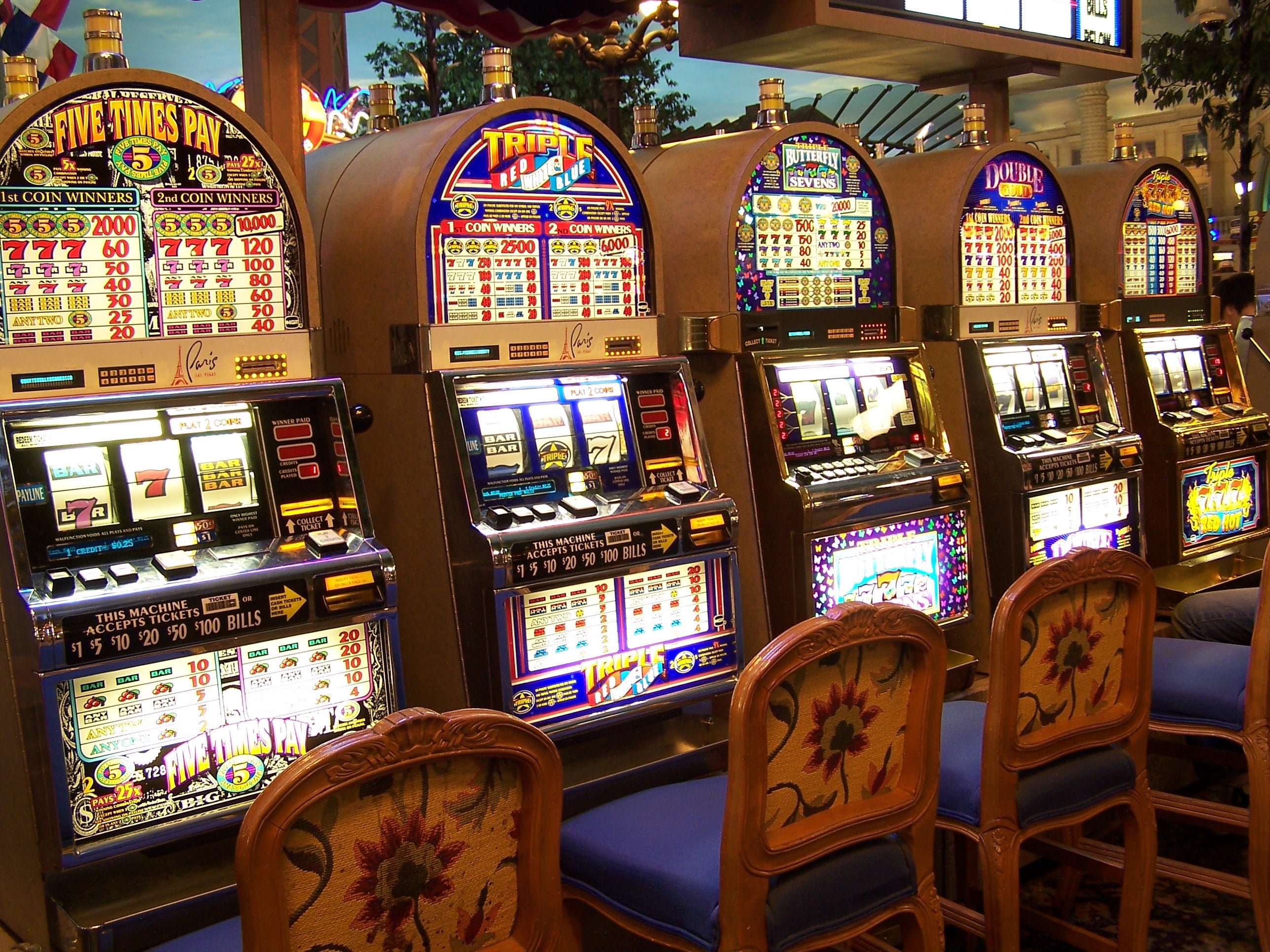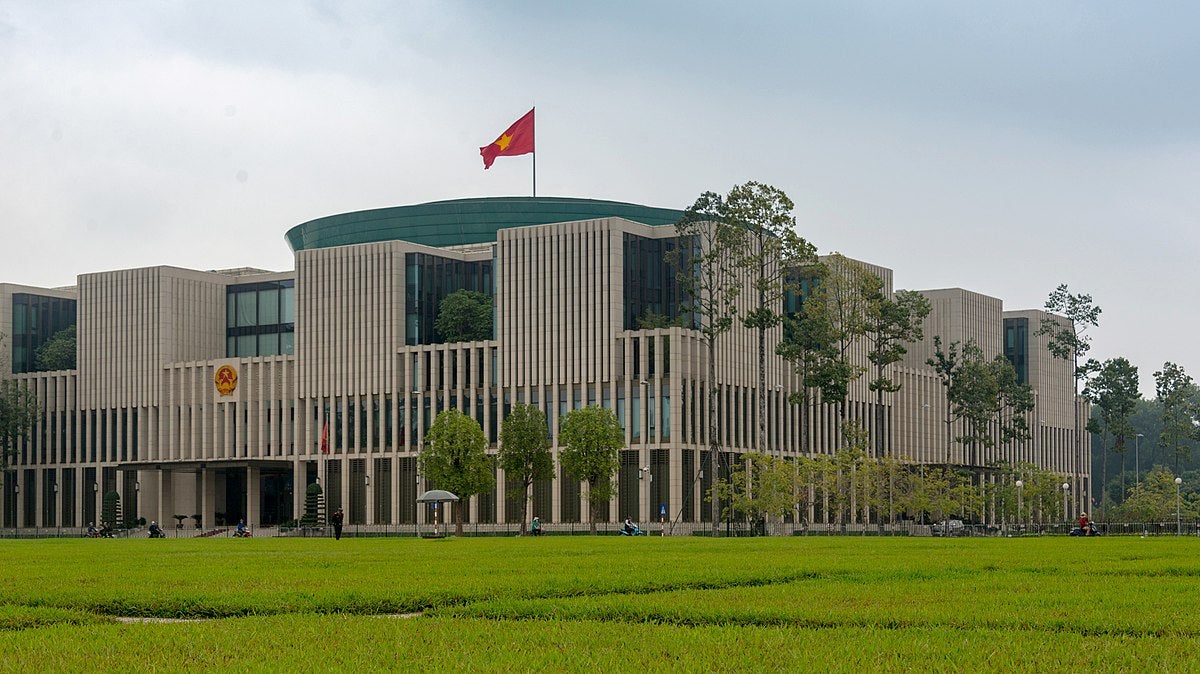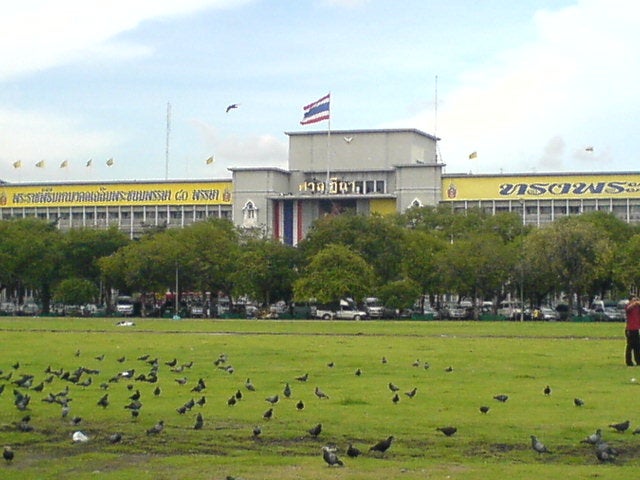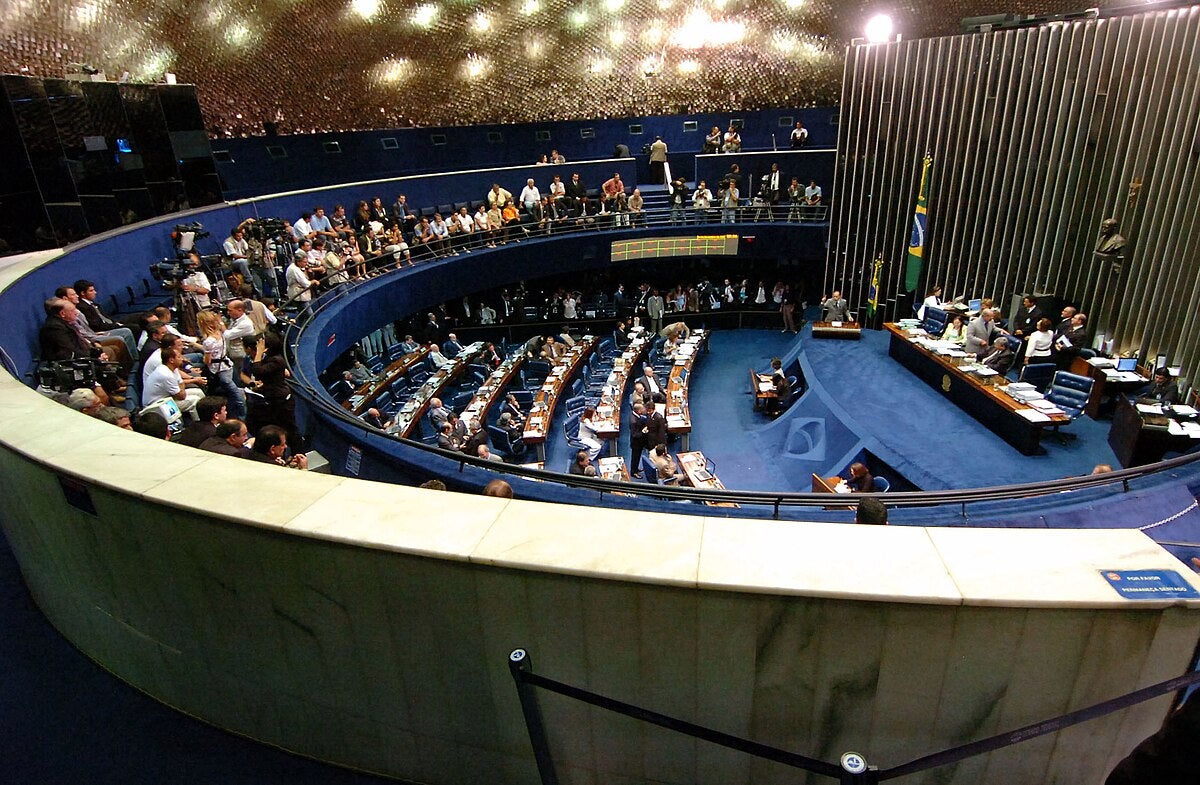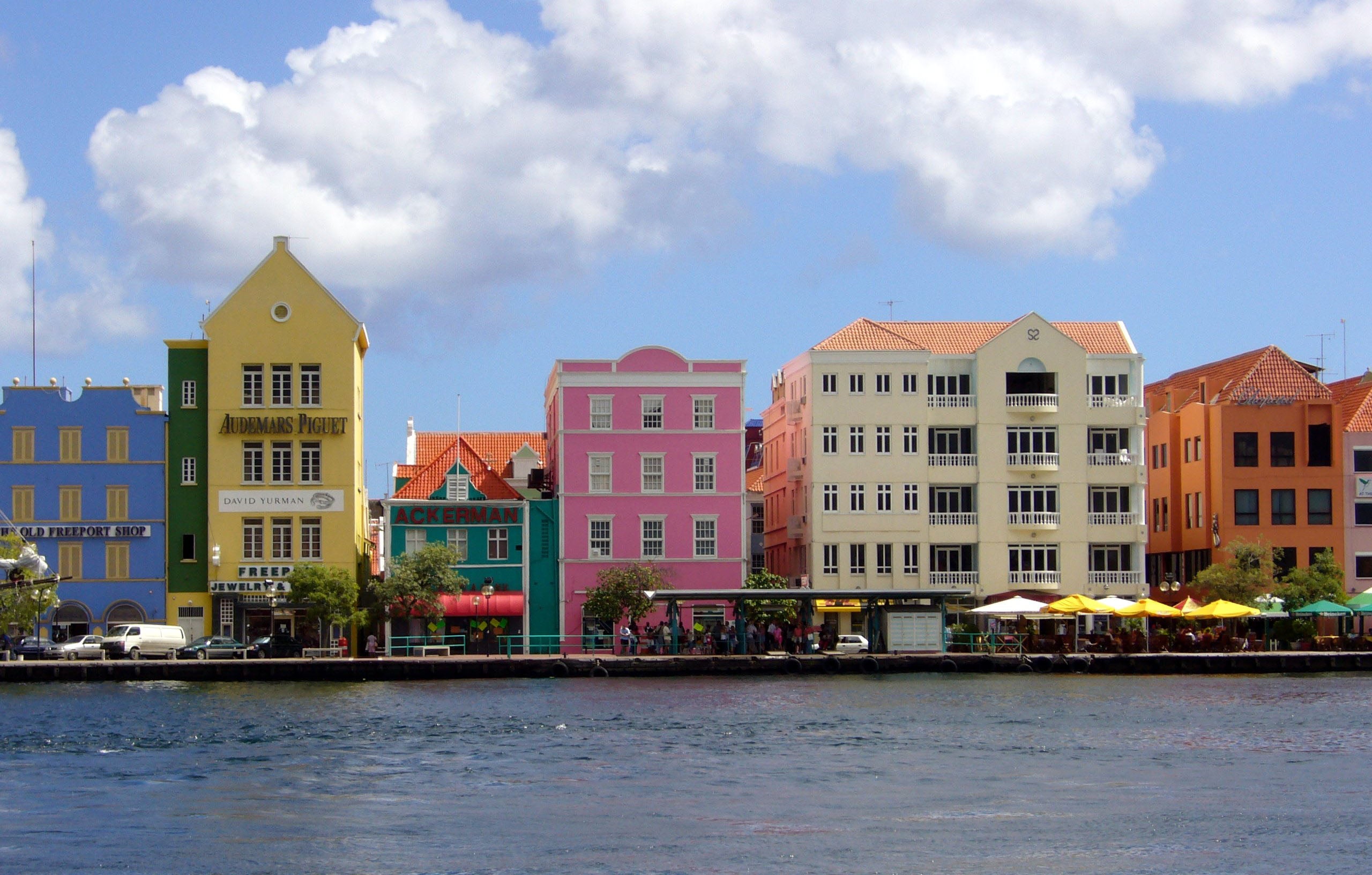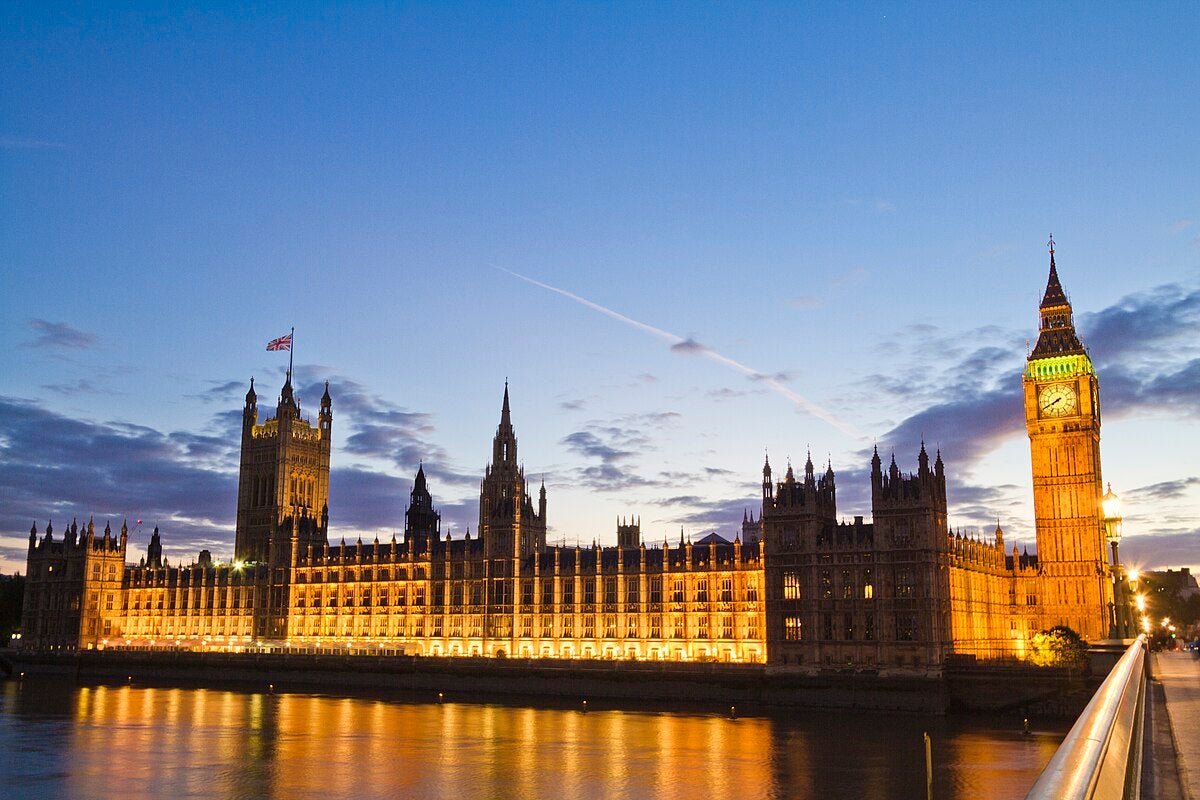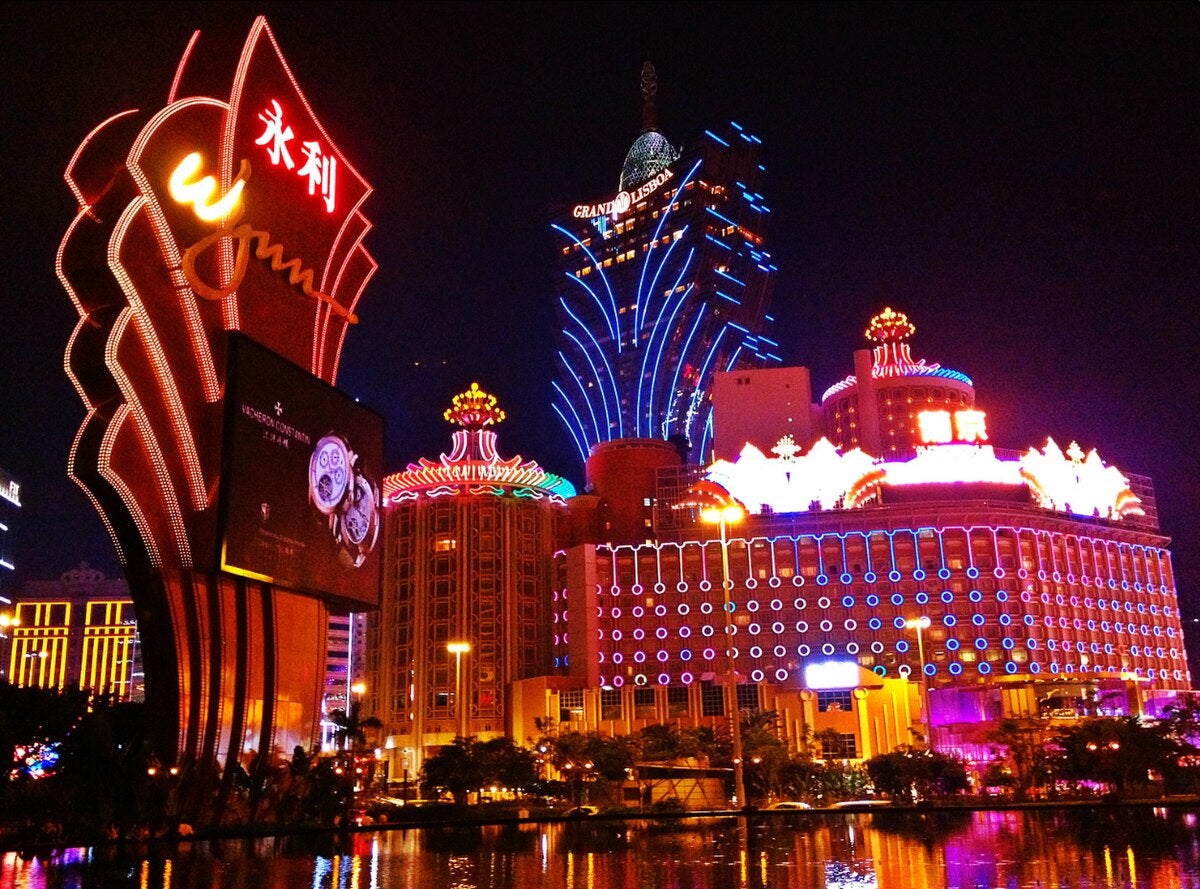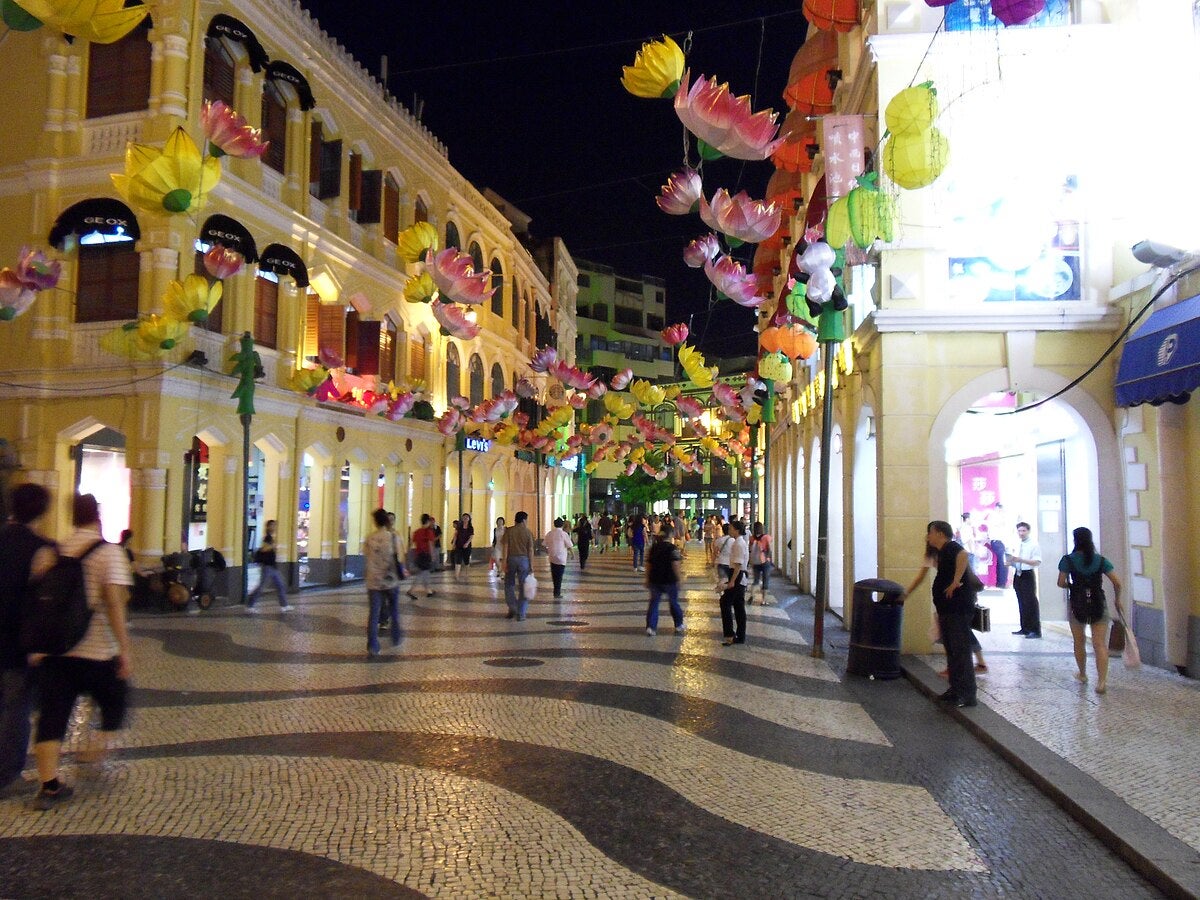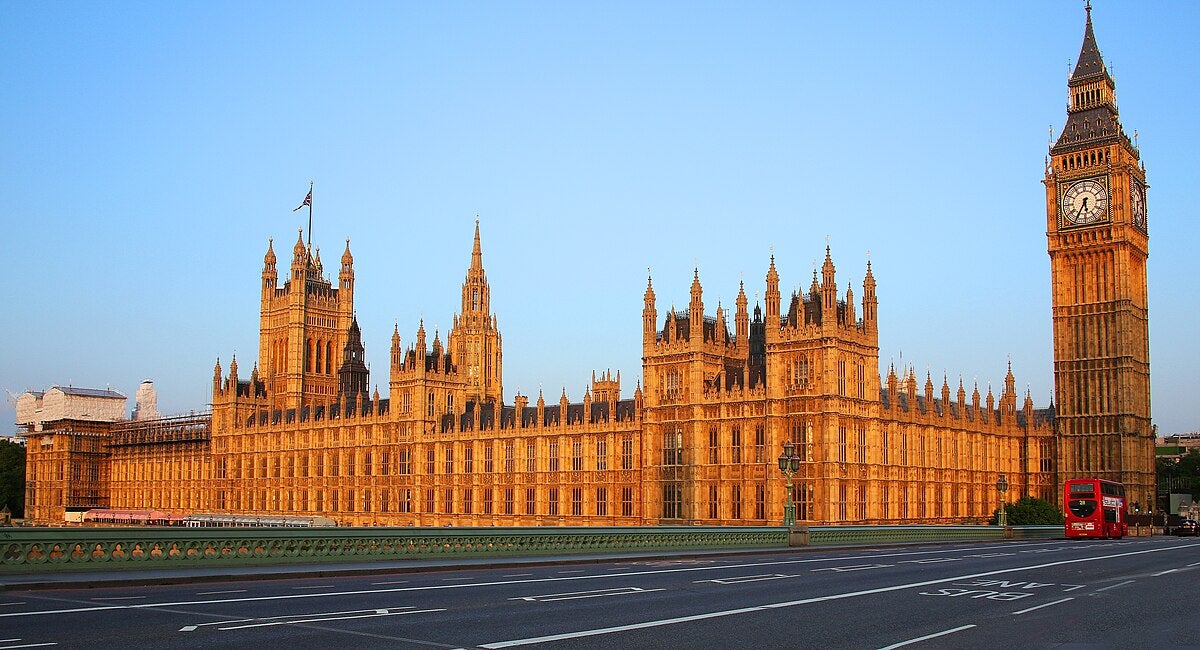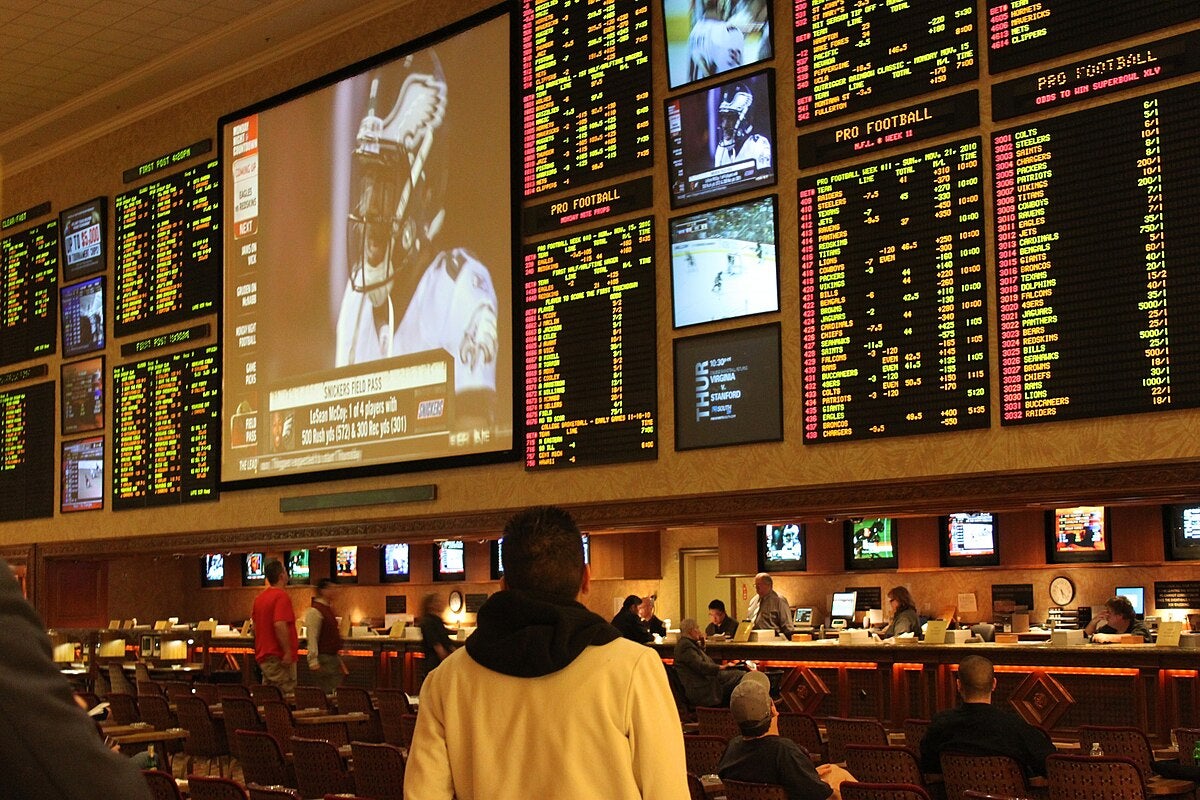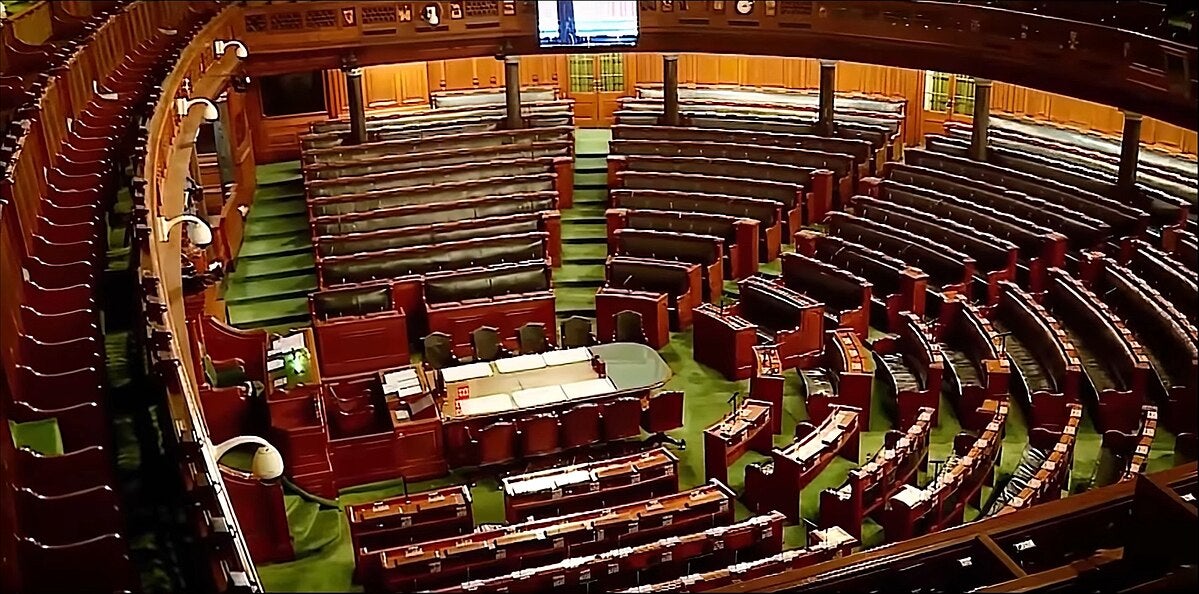Learning from History
Macau suspended all ferry services and cross-border transport systems as Ragasa neared, with authorities urging residents to avoid flood-prone areas and seek emergency shelter. The DICJ order to close all casinos marks the fifth citywide shutdown in history. Previous ones include a 33-hour closure for Typhoon Mangkhut in 2018, COVID-19 lockdowns in 2020, and Typhoon Saola’s nine-hour closure last year.
Casino operators now follow strict protocols during shutdowns, ensuring security and housing for staff stranded on site once transport is unavailable. These intense measures are usually rare, but they highlight how extreme weather creates economic vulnerabilities in Macau.
Coastal Zones Devastation
Hong Kong raised its Signal No. 10 alert before Macau as Ragasa unleashed strong winds, flooding key districts and destroying property, displacing over 900 residents to shelters. Meanwhile, Macau’s Inner Harbor commercial hub battled flood surges up to a meter high. The storm affected 16,000 households in the SAR until emergency crews intervened to stabilize grids.
By afternoon, Macau’s meteorological bureau dropped warning signs to Signal No. 8 as the storm receded. However, low-lying areas remained submerged as debris clogged the streets. Recovery teams used pumps and heavy machinery for cleanup while providing temporary housing for displaced residents.
Recovery Efforts
The DICJ coordinated with casino operators to reopen gaming floors once warnings dropped to Signal No. 3. The economic engine has restarted as the weather is expected to subside. The properties will follow a phase plan with rigorous safety checks for all 41 integrated resorts, which contribute 80% of Macau’s tax revenue.


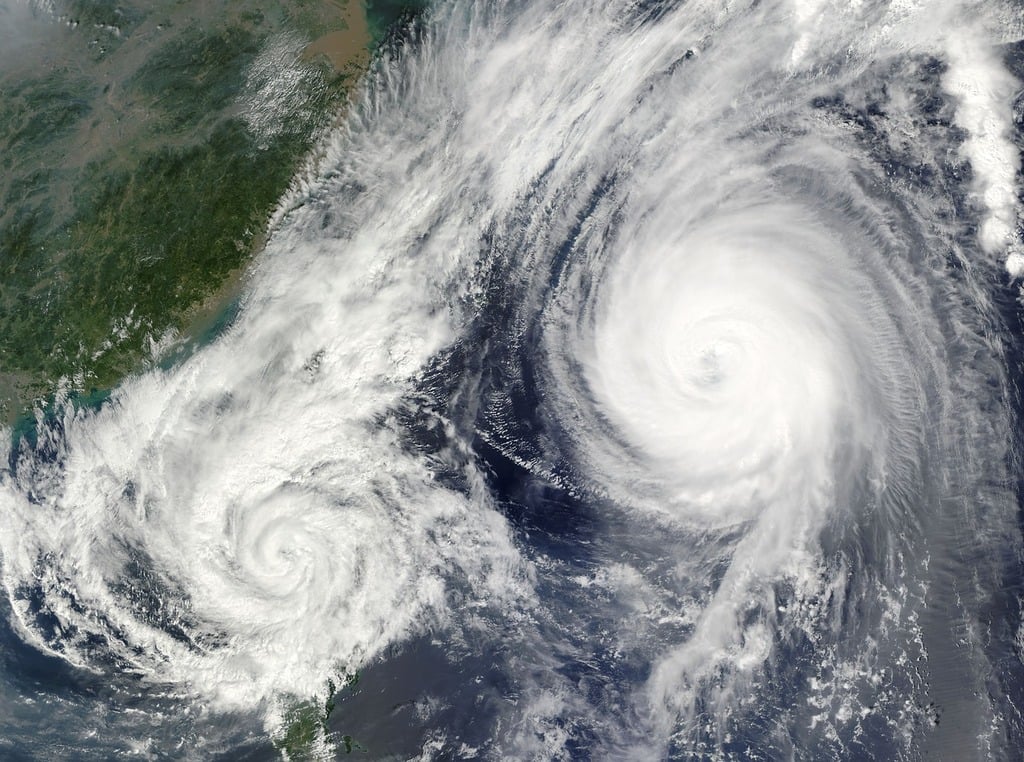


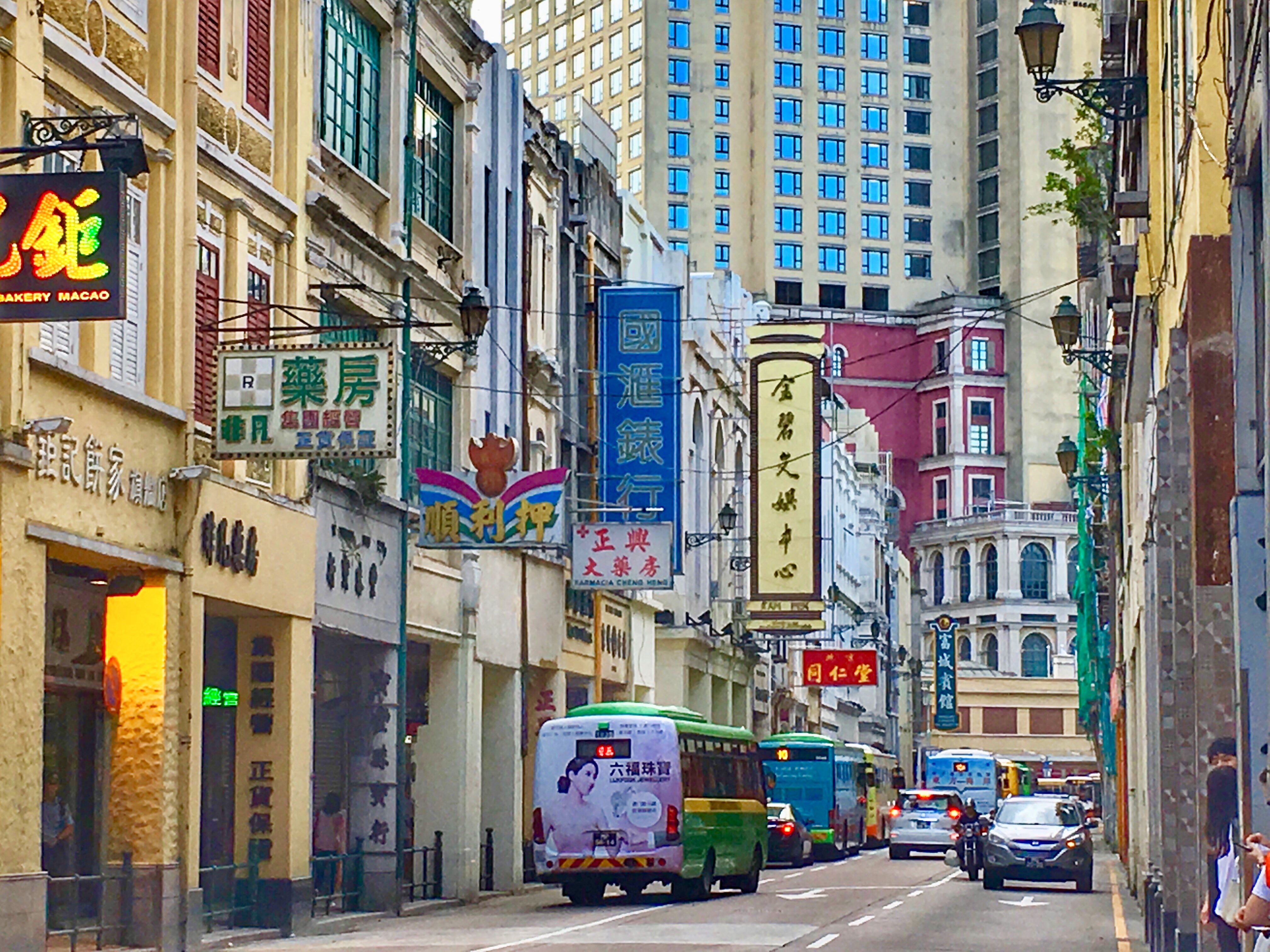
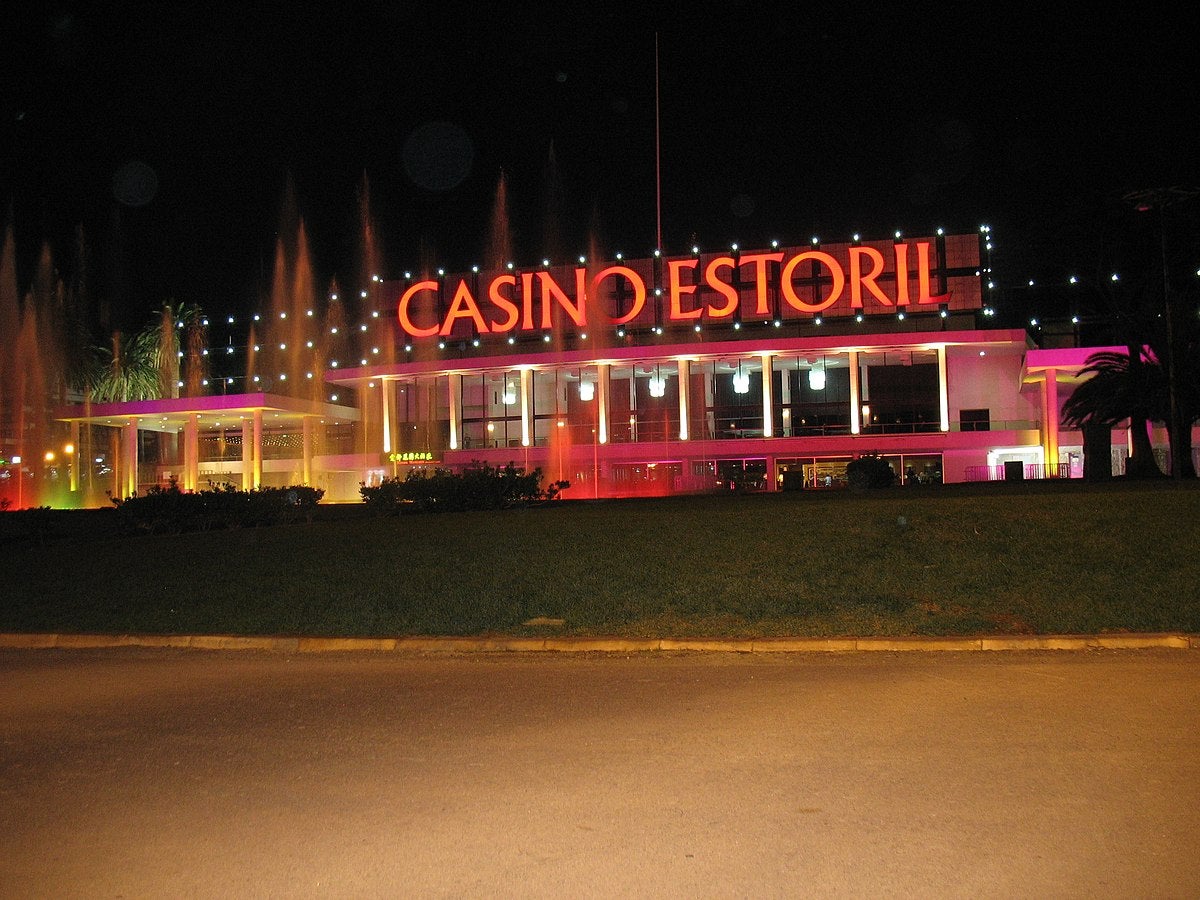


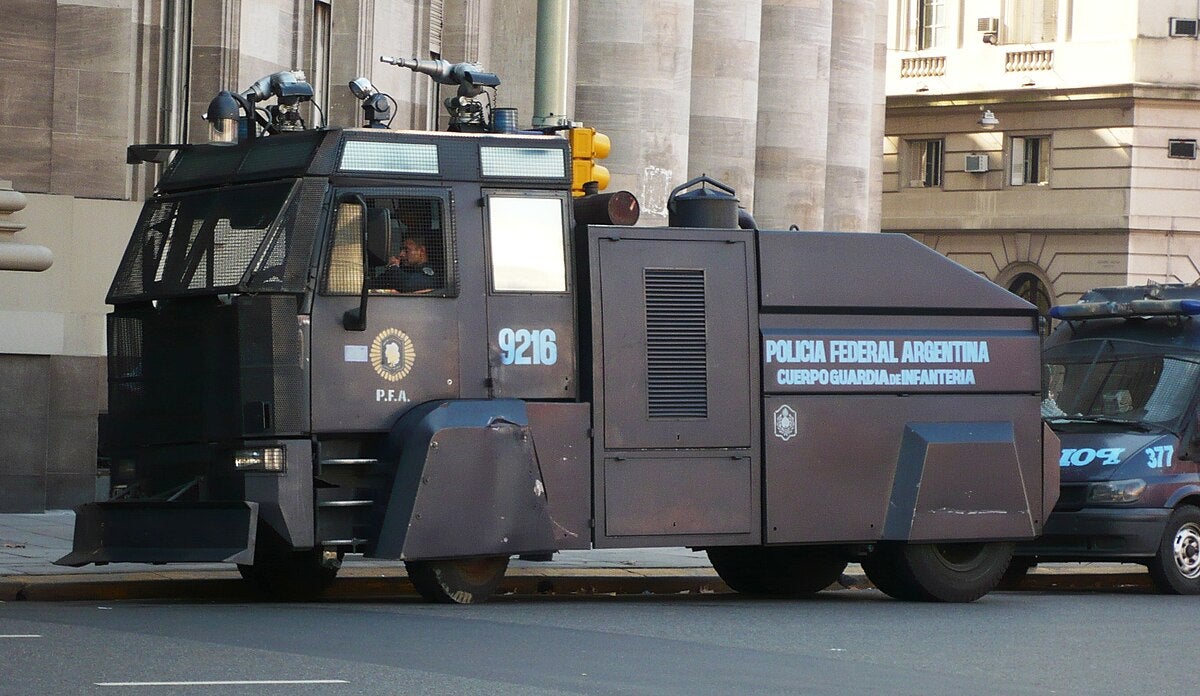
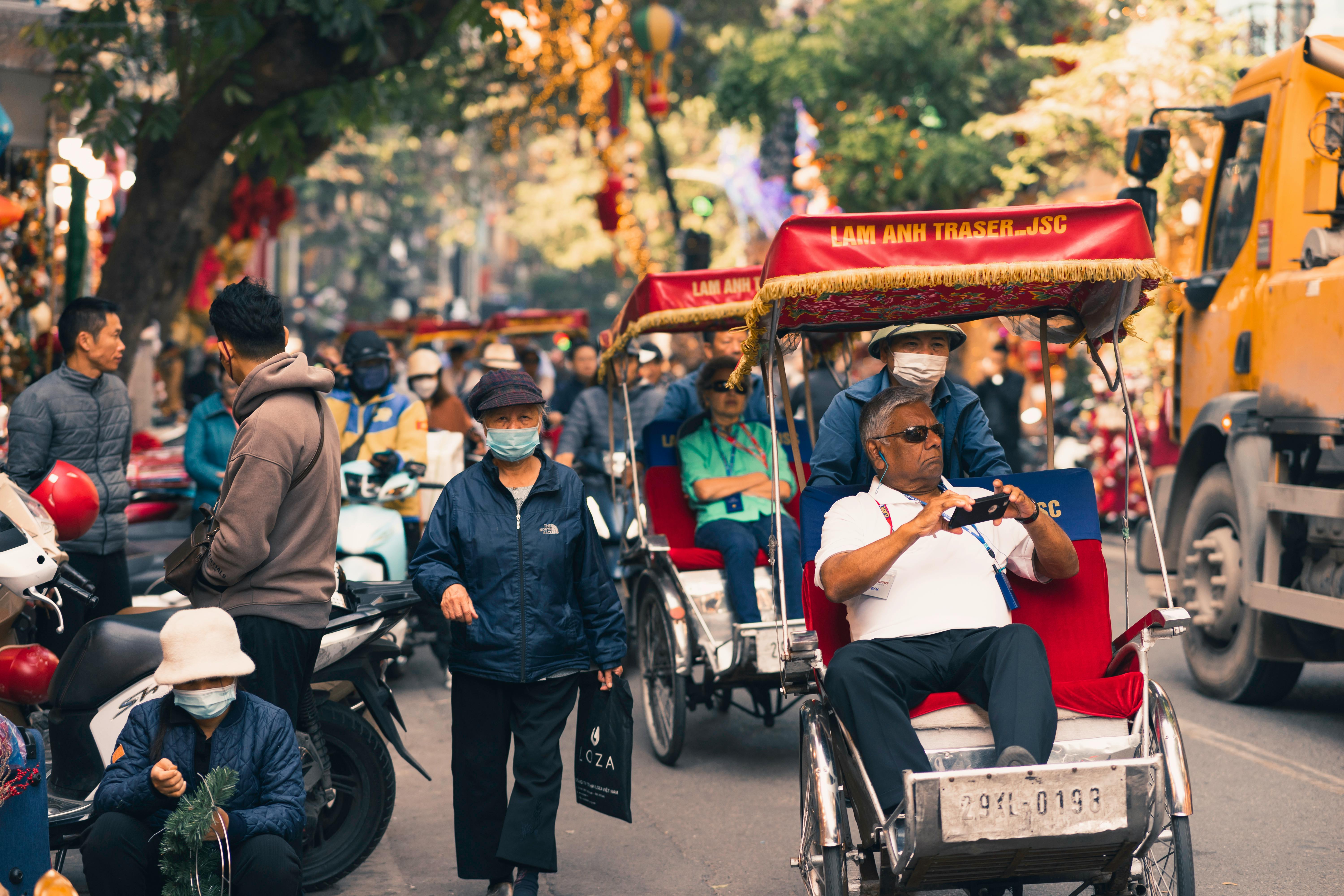
.jpg)

